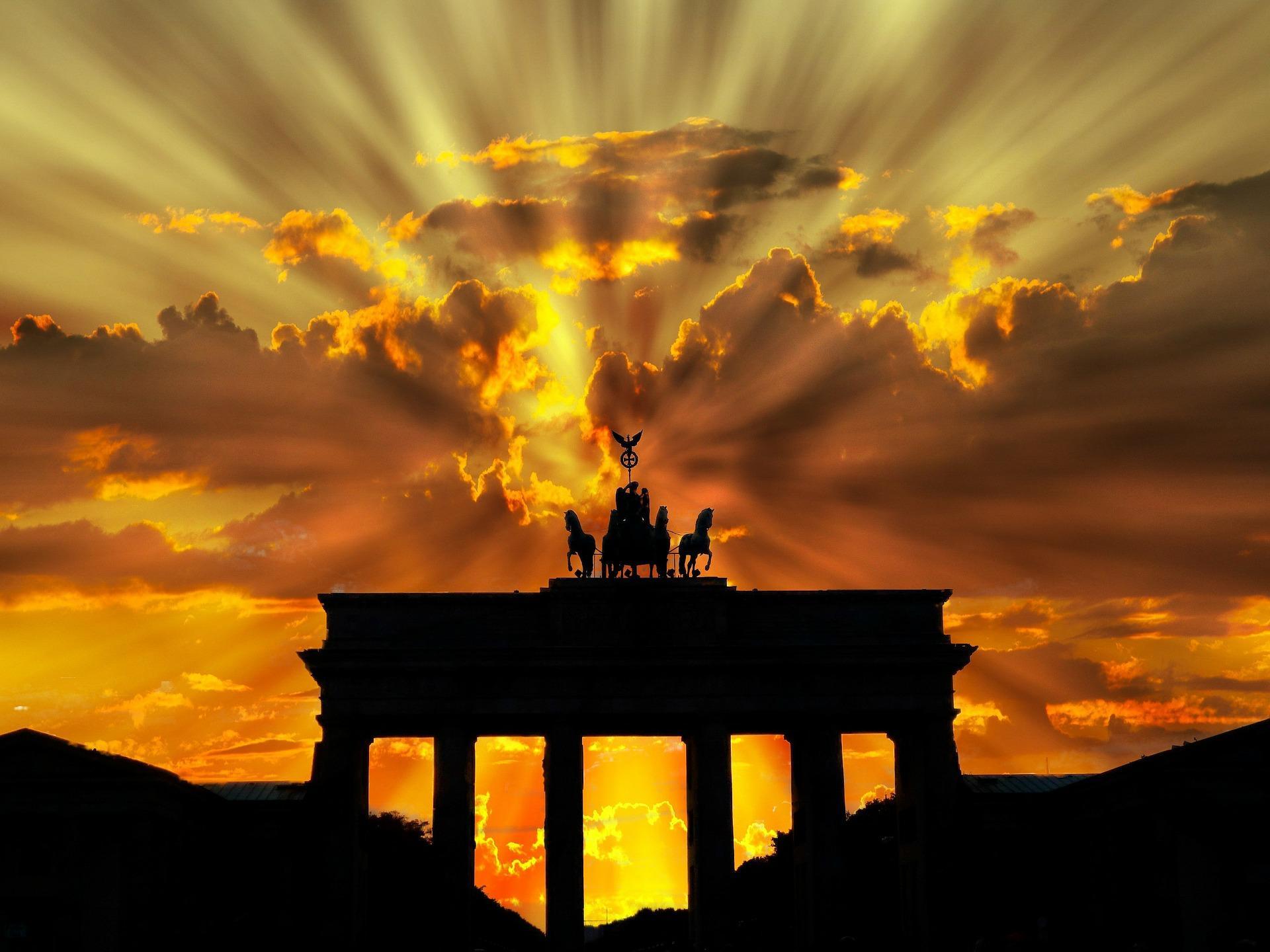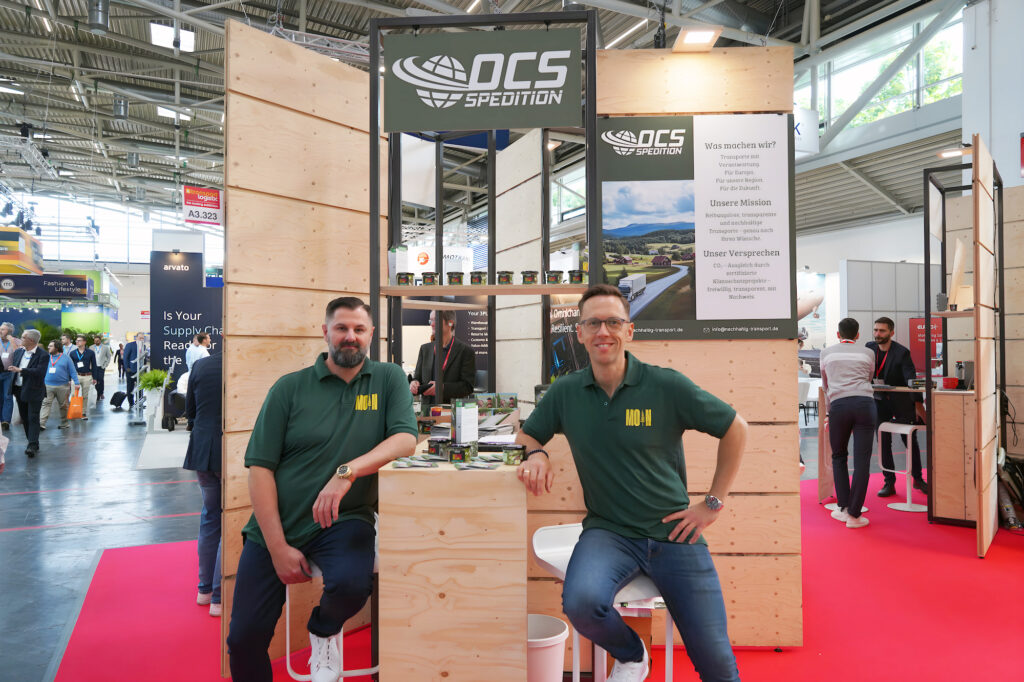Polish Independence Day will once again be celebrated in Poland on November 11, 2019. Since 1937, this national holiday has been a very special day in the calendar for our direct Eastern European neighbors. The reason is the country's regaining of independence, which until 1918 was influenced by the division by Prussia, Austria-Hungary and Russia. But why is German Unity Day celebrated so cautiously in Germany compared to Poland? OCS questions.
God glory Fatherland: When the 100th Independence Day was celebrated in Warsaw last year, the state ceremony was subject to a heated atmosphere. In a huge demonstration, around 200,000 people took part in a march through the city - the organizers were right-wing extremist forces. The young Polish population in particular supports the statement “Against a cosmopolitan Poland – just no immigration!” But it is important to be careful here. Nothing speaks against standing up for your country and holding back your personal patriotism. Nevertheless, you get the feeling that the boundaries between a sense of home and nationalism are fluid and difficult to recognize. However, the difference between Polish national feeling and German patriotism is even simpler. In the Federal Republic of Germany, people are still “allowed” not to profess their pride too loudly. Even the Chancellor and other parties are very stingy when it comes to complimenting the country of their subjects. The Polish government, on the other hand, even supported the right-wing protests in 2018 and lifted the ban on demonstrations previously imposed by the opposition mayor of Warsaw.
Germany celebrates itself far too little
As soon as you talk about being proud of your country in Germany, you quickly run the risk of being sorted into the obligatory right-wing corner. But let's think back about 13 years: The 2006 World Cup took place in Germany. In the sold-out stadium in Munich, the host team traditionally opens the tournament in front of almost 60,000 football fans. The German team is extremely motivated and shoots their opponents Costa Rica into nirvana with a final score of 4:2. The images on the television screens that cross the republic and fill the newspapers the next day are legendary. People celebrate together, lying happily in each other's arms. For the first time in what feels like an eternity, you no longer feel the need to be ashamed when you say: I am proud to be German and to live here. Whipped up by the endless euphoria that allows people from all different backgrounds to peacefully celebrate and rejoice together. Lahm, Klose and Frings unite an entire nation with their goals and give national coach Klinsmann tears of happiness in front of the running reporter's camera.
The time of guilty conscience is over
But why does something like that fall asleep again? Yes, Germany doesn't have it easy when it comes to national pride. A generation of which only a few thousand people are still alive in 2019 and is already extremely old has unfortunately left a lasting reputation. There are enough reasons to be happy about supporting your country. On the one hand, there are the basic needs that should make us happy: In Germany we don't have to fear famine or war, we have a solid social and health insurance system and are not overwhelmed by a tsunami every summer, the consequences of which threaten entire livelihoods. In addition, German industry produces great, high-quality products in all areas that are appreciated all over the world. Every year, German logistics achieve top performance by bringing around 5.12 million newly built cars to customers, shipping 8.7 billion liters of beer from breweries all over the world and bringing 1.4 million tons of German chocolate to children's eyes brings light. No other European industry has grown as much in recent decades as that of the Federal Republic of Germany.
Where does patriotism end and national pride begin?
The healthy middle ground seems to be a sensible solution, but it is anything but easy to implement. An exaggerated national pride, with its effects of general xenophobia with our lived history, can never be a serious option. But it should also be time to stop hiding, you should keep that in mind clearly and clearly. If you look at it in a neutral way, in every country in this world, which we share with many other people, common values, ideas and a strong identification with one's origins are completely normal. Every Italian, every Spaniard, every Swede, Finn or Russian identifies with the values and views from their home country. If this is missing for too long, there is a risk of identity crises and a lack of cohesion. That's why Hungary celebrates the beginning of the Hungarian popular uprising on October 23rd, on October 25th all of Kazakhstan can rejoice over the declaration of sovereignty over the Soviet Union and every October 28th the Czechs are happy about the proclamation of Czechoslovakia's independence from Austria - Hungary.
And there are national holidays in the north too: Latvia has designated November 18th as a day of honor to celebrate its independence from the Russian Empire, Finland follows on December 6th with the celebrations of its independence (also from Russia). And Germany also has the right to celebrate this country with its social advantages, the beautiful landscapes and areas as well as the internal German unity. October 3rd is perfect for this.






